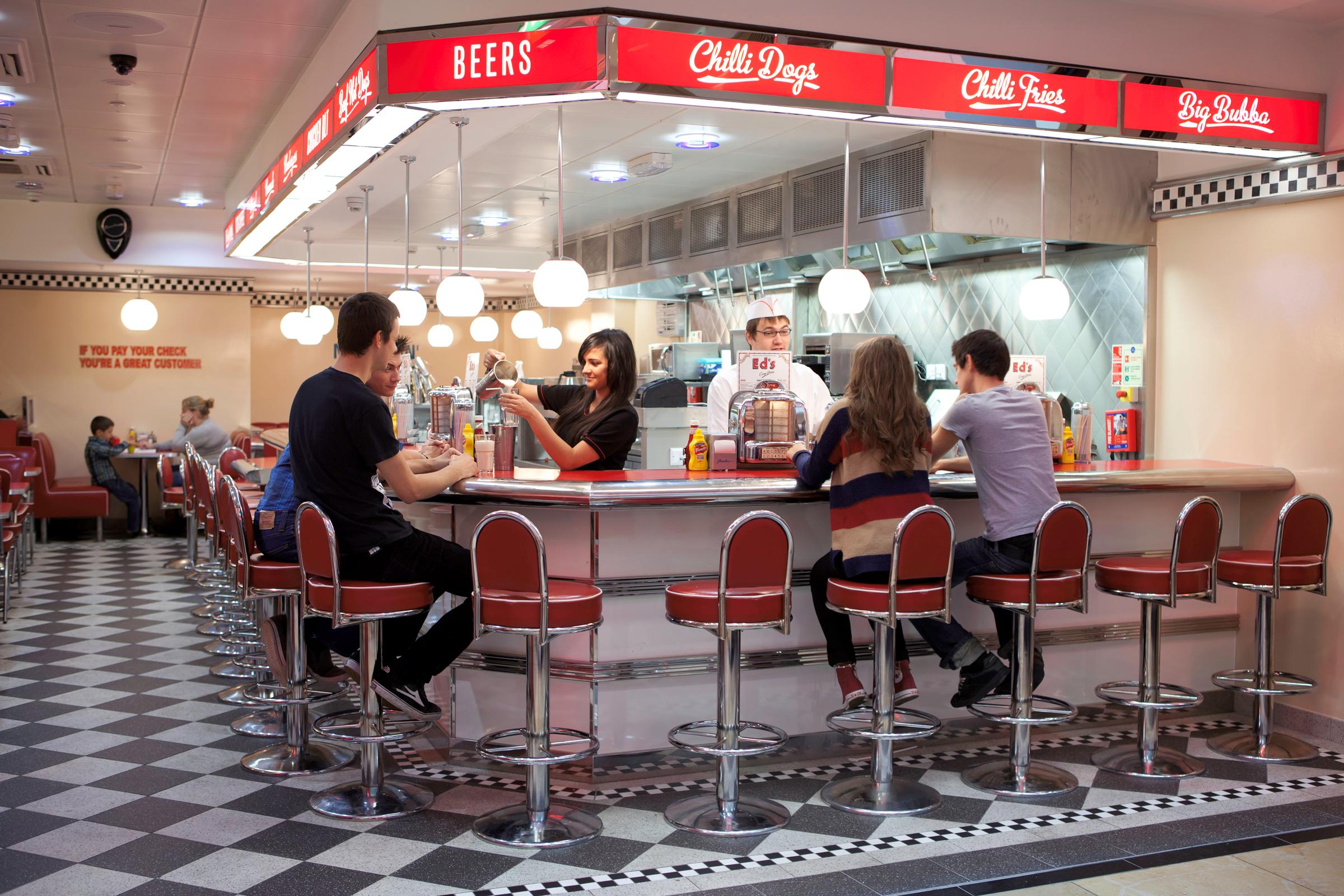CPE Practice Advisor spoke with Gary Shamis, CEO of Winding River Consulting, a company that focuses on strategic issues in the restaurant and accounting industries. Our goal was to determine what differentiates accounting services provided to restaurants from general business accounting. Here’s what Gary had to say.
The restaurant industry has areas that are totally specific to it. Those who want to get into that area, who want to do it right, need to become experts in those areas that really differentiate that industry:
- Most restaurant clients are tax oriented clients; sometimes you will have audits if you have a large restaurant group or franchise with a significant amount of debt level.
- Within the tax realm, one specific area is tip credits, which very few other industries have.
- There are specific rules with respect to depreciation.
- There is special treatment for things we call smallware, like glasses and silverware.
- Specific rules apply when you open a new location. In most businesses you have to amortize startup costs. In the restaurant industry, if you’re opening up new location that is just copy of another location, you don’t have to amortize startup costs.
- Gift cards – there are special treatments for gift cards – you need to know how to treat those for tax purposes.
Accountants can be particularly valuable to their restaurant clients in these areas:
- You can help them benchmark their restaurant by being able to look at national statistics based their category, see how they compare, if they’re not comparing well, you’ve hopefully seen enough that you can probably tell them what they’re doing wrong or right.
- Access to capital – In the restaurant industry, it’s more difficult to borrow than in other Industries because the equipment has a very low resale collateral value. It’s tricky to find loans for restaurants – you’re often dealing with the Small Business Administration.
- I’ve seldom met a restaurateur who didn’t want to open a second location – it’s in their DNA to want to grow and expand. You can help them build a structure that will allow them to expand, create some liability protection, create an environment that make it easy for them to grow the business.
- Be aware of strategies for real estate, how to buy it, this is a big area for restaurant clients.
What should accountants who serve restaurant clients be wary of? Where are the pitfalls, black holes, that accountants should be on the lookout for?
- One of the real opportunities for CPAs is also one of the idiosyncrasies of the restaurant industry – there is a high failure rate – CPAs have to very carefully pick their clients.
- With a chef-driven concept, the restaurant can be more worried about food than business.
- If the restaurant has only one location, it is probably doomed for failure.
- If the restaurant can focus on the business side, and blend that with its creative side – there is a better chance for them to be successful.
- It’s really easy to pick a bad restaurant client to work with. It’s much harder to figure out if they have a real opportunity. In my experience, we looked for multiple unit restaurants, with revenue of at least $10 million.
- We were very careful about who we selected. We tried to carefully pick clients that would appreciate what we could bring to the table.
- It’s important to work with restaurant owners who stay in tune with their cost, take a weekly inventory, calculate cost of goods sold at least weekly, keep an eye on labor.
————-
Gary Shamis spent thirty-five years building SS&G, one of the nation’s largest, fastest growing, and most respected accounting and consulting firms in the country, into the 37th largest firm before combining it with BDO USA, LLP. At SS&G/BDO he was co-leader of the firm’s national restaurant practice. He left BDO at the end of last year to form Winding River Consulting.
Thanks for reading CPA Practice Advisor!
Subscribe Already registered? Log In
Need more information? Read the FAQs




